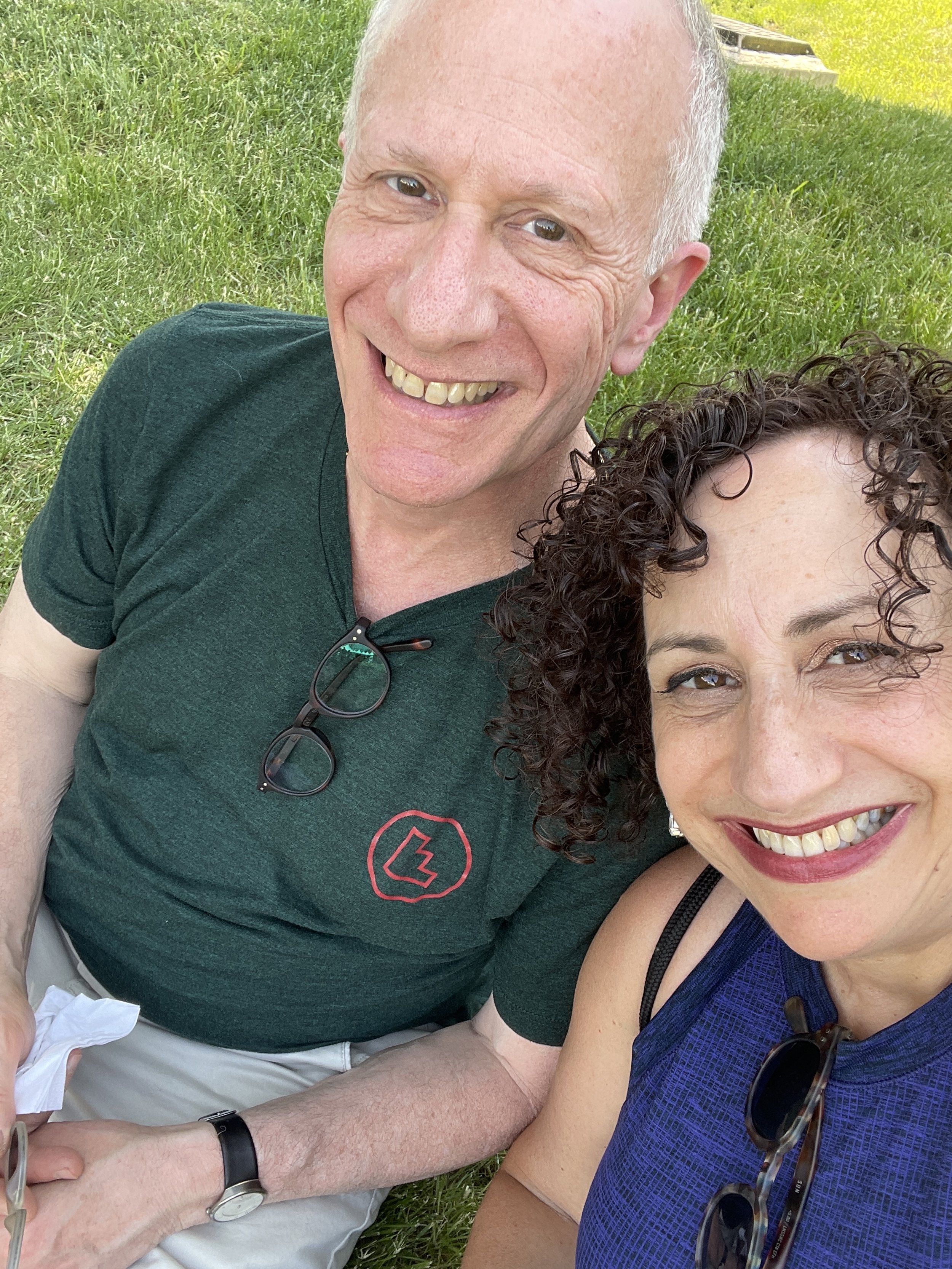You are more than halfway through the first month of the new year. Have you leaned into the energy boost a fresh start brings? Or are you feeling stuck, overwhelmed, and weighted down by your clutter? Clutter can keep us frozen in time, be demotivating, and make activation challenging. Physical clutter can include things like paper piles punctuating counters and surfaces. There can also be mind clutter, internal thoughts, and ideas swirling around the brain. Clutter can be time-related. It can infiltrate calendars and is visible as over-committed schedules with no breathing room.
One of the focus areas this month with clients has been helping them clear a variety of clutter. They want to feel calmer, happier, and more in control of their space, time, and thoughts. I’m continually thrilled by how much progress clients make during their one-hour virtual organizing sessions. They further their goals by working independently in between sessions, too. Relief and joy are typical feelings they experience due to their decluttering efforts.
When clutter is released, you increase your capacity to attend to what is most essential and fully embrace the life you want.
Declutter Physical Things
I recently worked on my own physical and mind clutter that weighed on me. It felt great to make space for the new year. For decluttering the physical things, I
Removed and archived last year’s papers
Made new file folders for the current year (I love my Brother PTouch label maker!)
Edited papers I no longer needed
Shredded and recycled
Bagged household items to donate
“When clutter is released, you increase your capacity to attend to what is most essential and fully embrace the life you want.”
Declutter Thoughts
Because my mind was cluttered and filled with too many competing thoughts, I needed help focusing and getting clear. To release mind clutter, I
Wrote in my journal
Reviewed past journal entries
Shared my thoughts out loud with a few people (I’m a verbal processor)
Engaged in email exchanges to tease out more thoughts
Filled out the Three Things Reflection (a set of questions to review the previous year and future-think about the current one)
Practiced patience while allowing ideas to percolate
Meditated
Practiced yoga
Like my clients, I experienced relief, clarity, and joy after decluttering my things and thoughts. My physical and mental capacity has improved. The slate feels clear and clean. I chose to embrace this fresh start with renewed energy and open arms.
If you feel frozen and overwhelmed by clutter and want help, I’m here for you. Please email me at linda@ohsoorganized.com, call 914-271-5673, or click here to schedule a Discovery Call. Experience the joy, relief, and clarity decluttering and organizing brings.













